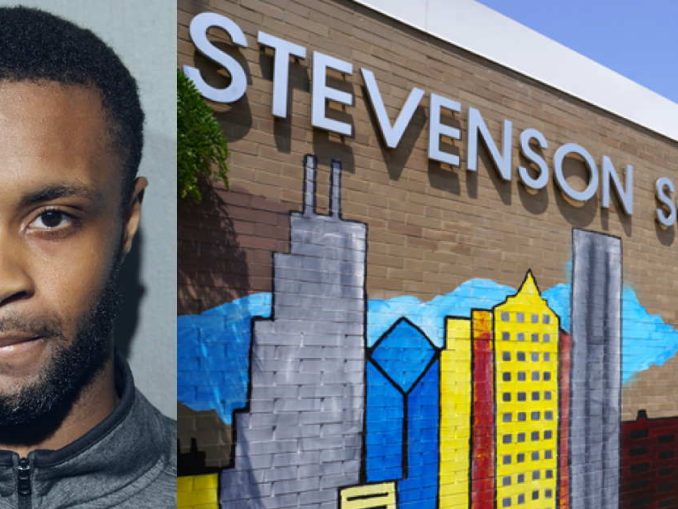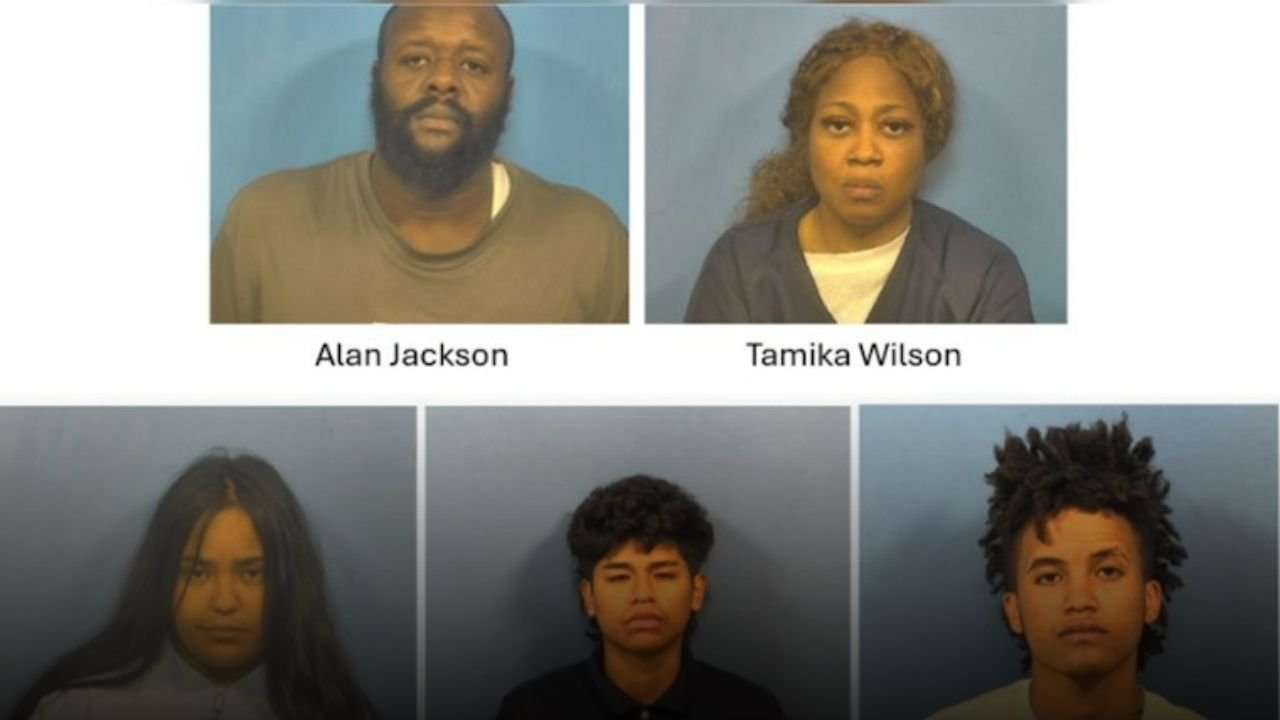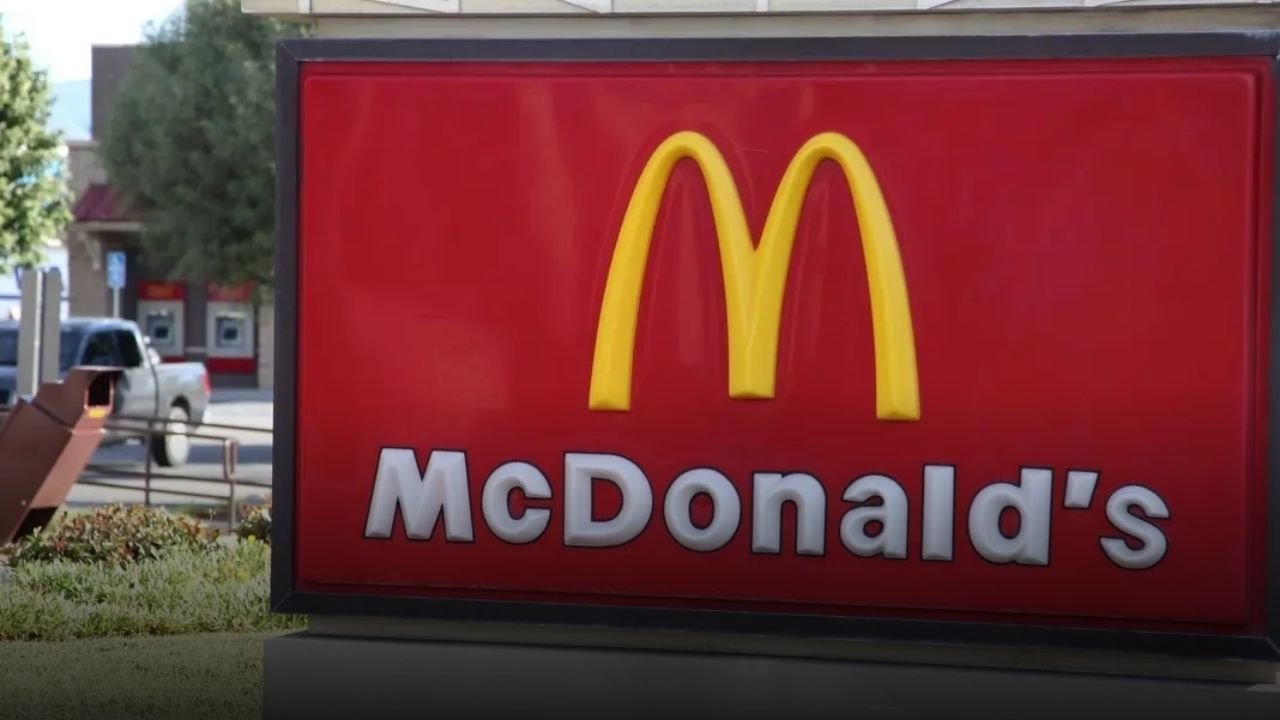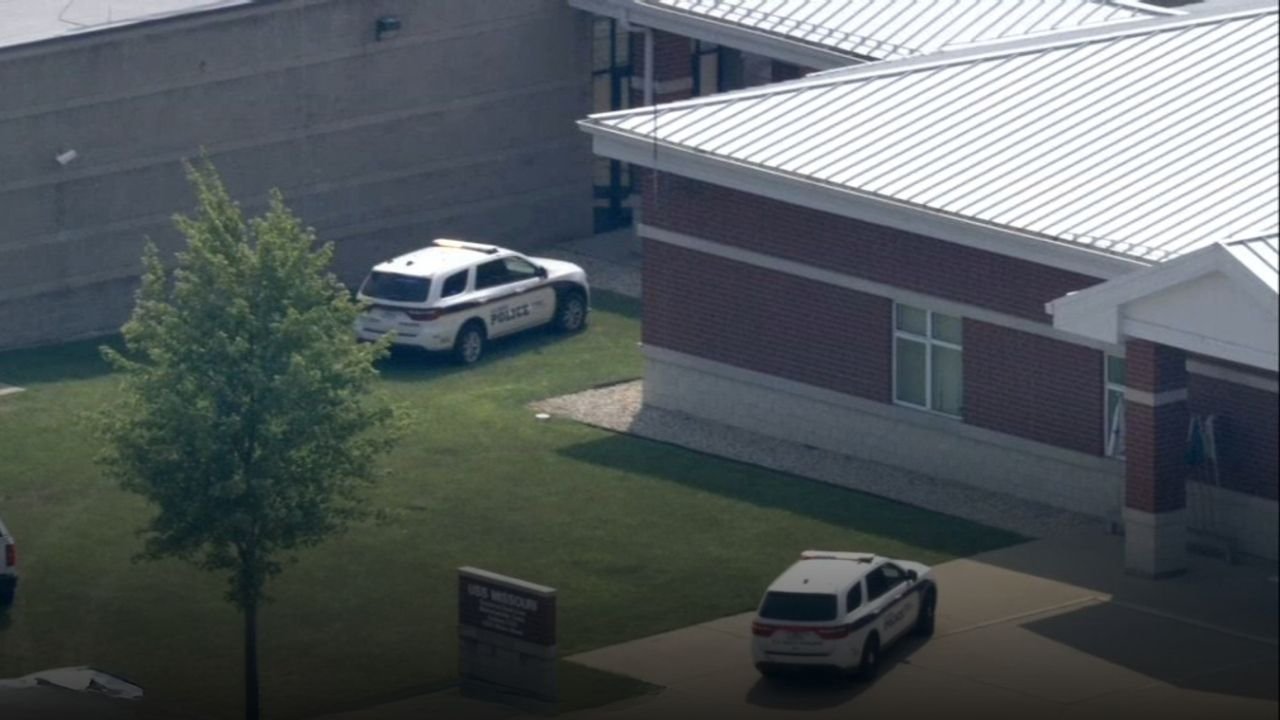CHICAGO — A 19-year-old Chicago man has been sentenced to eight years in prison for carjacking a Lyft driver at gunpoint while he was already awaiting trial for seven other juvenile cases. The case has sparked a wave of questions about the city’s ability to address youth crime and the risks repeat offenders pose to public safety.
The incident occurred on January 6, 2023, near South Kedzie Avenue and 63rd Street, when the victim, a Lyft driver, picked up the teenager for what appeared to be a routine ride. Within minutes, the teen pulled a handgun and ordered the driver out of the car, fleeing with the vehicle.
Prosecutors Detail a Troubling Pattern
At the sentencing hearing held this week at Cook County Circuit Court, prosecutors laid out a disturbing timeline. The defendant was not only on bond at the time but also had seven open juvenile cases involving robbery, weapons possession, and aggravated battery.
“This wasn’t a one-time lapse in judgment. This is a pattern of dangerous behavior that escalated over time,” stated Assistant State’s Attorney Michael Rosenfeld.
The Lyft driver’s vehicle was later recovered, but not before the teenager had reportedly used the stolen car for several hours. Surveillance footage and ride data helped track him down. No injuries were reported, but authorities emphasized how close the encounter came to tragedy.
A Youth System Under Pressure
The case has fueled renewed criticism of Chicago’s juvenile justice system, particularly its revolving-door nature for repeat offenders.
Community leaders and victim advocacy groups argue that lax enforcement and lenient consequences for minors are failing both offenders and the public.
“How many more people need to be traumatized before we take youth crime seriously?” asked Laura McKinley, spokesperson for the Victims Rights Coalition of Illinois.
The offender’s juvenile history included robbery with a firearm, aggravated assault, and resisting arrest. Despite these serious allegations, he was repeatedly released on electronic monitoring or placed in diversionary programs.
Public Safety Concerns Mount in South Side Communities
This carjacking occurred in the Englewood area—a neighborhood that has consistently reported high levels of vehicle theft and gun violence. Local residents say the incident adds to their growing unease.
“We try to give these kids a chance, but when the system keeps letting them go, they think they’re untouchable,” said Sandra Bell, a longtime resident and community organizer.
In 2024 alone, carjackings in Chicago rose by nearly 12%, with many involving juveniles acting either alone or in groups. The issue has placed additional pressure on the Chicago Police Department, which has called for reforms to how repeat juvenile offenders are handled.
Judge Sends a Message
The sentencing judge, Hon. Carmen Johnson, made it clear during the hearing that the court would no longer treat such cases with leniency.
“You had multiple opportunities to turn your life around, and you chose not to,” she said. “This is about protecting the public.”
The 8-year sentence includes credit for time served and mandates that the teen will serve at least 85% of his sentence due to the violent nature of the crime.
Broader Implications for Chicago’s Juvenile Policy
This case is part of a broader conversation unfolding across Illinois about how the state deals with repeat youth offenders. Lawmakers in Springfield are currently reviewing legislation aimed at tightening eligibility for electronic monitoring and increasing penalties for gun-related juvenile crimes.
In response to the latest case, Ald. Raymond Lopez (15th) commented on X (formerly Twitter):
“We can’t keep blaming society while ignoring dangerous behavior. This isn’t about second chances. It’s about stopping a pattern before more people get hurt.”
What Can Be Done?
Advocates say a multi-pronged strategy is needed—one that balances prevention, accountability, and rehabilitation. Programs like CeaseFire, Youth Guidance, and the Chicago CRED initiative continue to push for earlier interventions in schools and communities.
But critics warn that without meaningful legal consequences, those efforts may fall short.
“We can’t fix everything with mentorship. Some kids need real consequences,” said a CPD gang unit officer who requested anonymity.
Do you believe Chicago’s juvenile justice system needs reform?
Should violent repeat youth offenders be treated more like adults in court, or should the focus remain on rehabilitation?
Tell us what you think in the comments. Your voice matters.








